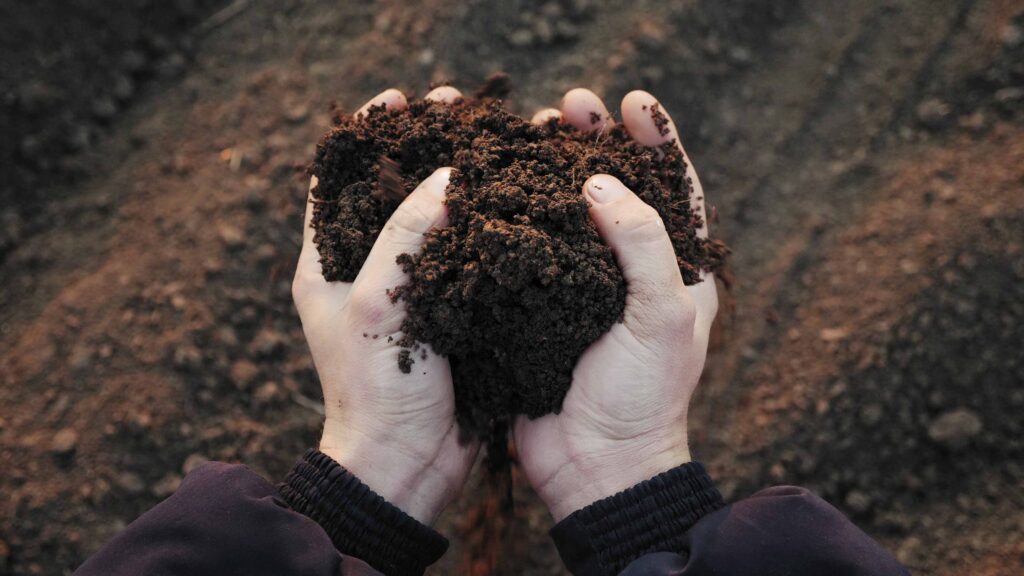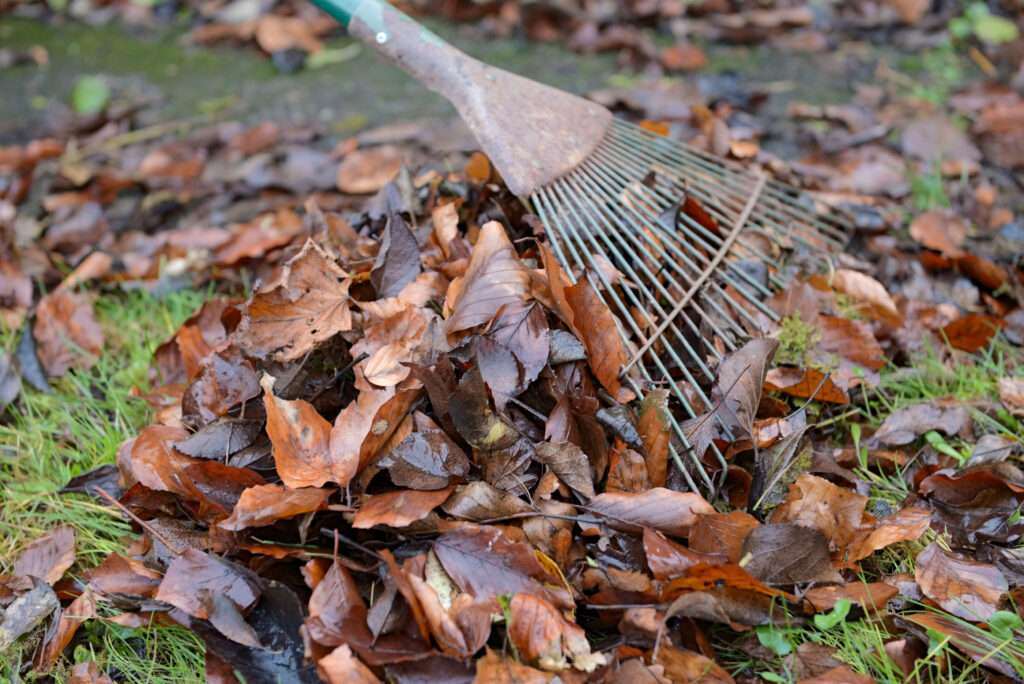
Are your plants and flowers losing their vibrancy? If so, your soil could be lacking essential nutrients. Over time nutrients can become depleted even in otherwise healthy soils. Use compost for healthy soil, which is important for growing strong, vigorous plants more resistant to pests and diseases.
Feed your soil with organic matter.
Soil is alive and it needs to be fed properly. The addition of organic matter will enable your soil to release its store of nutrients making them available for your plants. Organic matter is derived from once living organisms such as plants, leaves, manure and grass clippings.
Compost is decomposed organic matter. It’s the best thing you can use to improve the health of garden soil. To sustain plant life, the proper mix of air, water, nutrients and organic material is required.
Add compost to your garden as a soil amendment to improve soil structure, buffer pH, increase the population of micro-and macro-organisms and add organic material on which soil organisms feed.
Healthy gardens may not require tilling or digging but you can still use compost.
There are different ways and times to use compost. If you have light, rich garden soil, use compost as a mulch to maintain your garden. It isn’t necessary to till. Once prepared, simply spread the compost on top as a mulch layer. Worms, rain and natural elements will naturally blend in the compost. If you spread it in the fall, your garden soil will healthy and ready for planting by spring.
How to add compost to poor-quality soil.
If your garden has poor soil structure, too much sand or clay, if it is compacted, or if it lacks organic matter, then consider blending in about two to three inches of compost into two to three inches of existing soil.
Overall, compost builds excellent soil for your garden, releases valuable nutrients locked-up in clay soils and reduces the leaching of nutrients in sandy soils, all the while improving soil texture and structure.
Leave the leaves.
Leaves may be collected and worked directly into garden and flowerbed soils. In fact, you can till in a layer of leaves to clay soil to improve aeration and drainage.

Add leaves to light, sandy soil to improve water and nutrient holding capacity. In vegetable gardens and annual planting beds, collect and work leaves into the soil during the fall. This allows sufficient time for the leaves to decompose prior to spring planting.
Don’t forget the mulch!
Add an organic mulch like our 100% Aromatic Cedar Mulch (TX) to your garden. The mulch will slowly decompose and add organic matter to the soil to increase fertility. Improving garden soil is an ongoing process that takes time.
The reward? Robust, thriving plants.
For more information on improving your soil, please contact a Living Earth® representative.